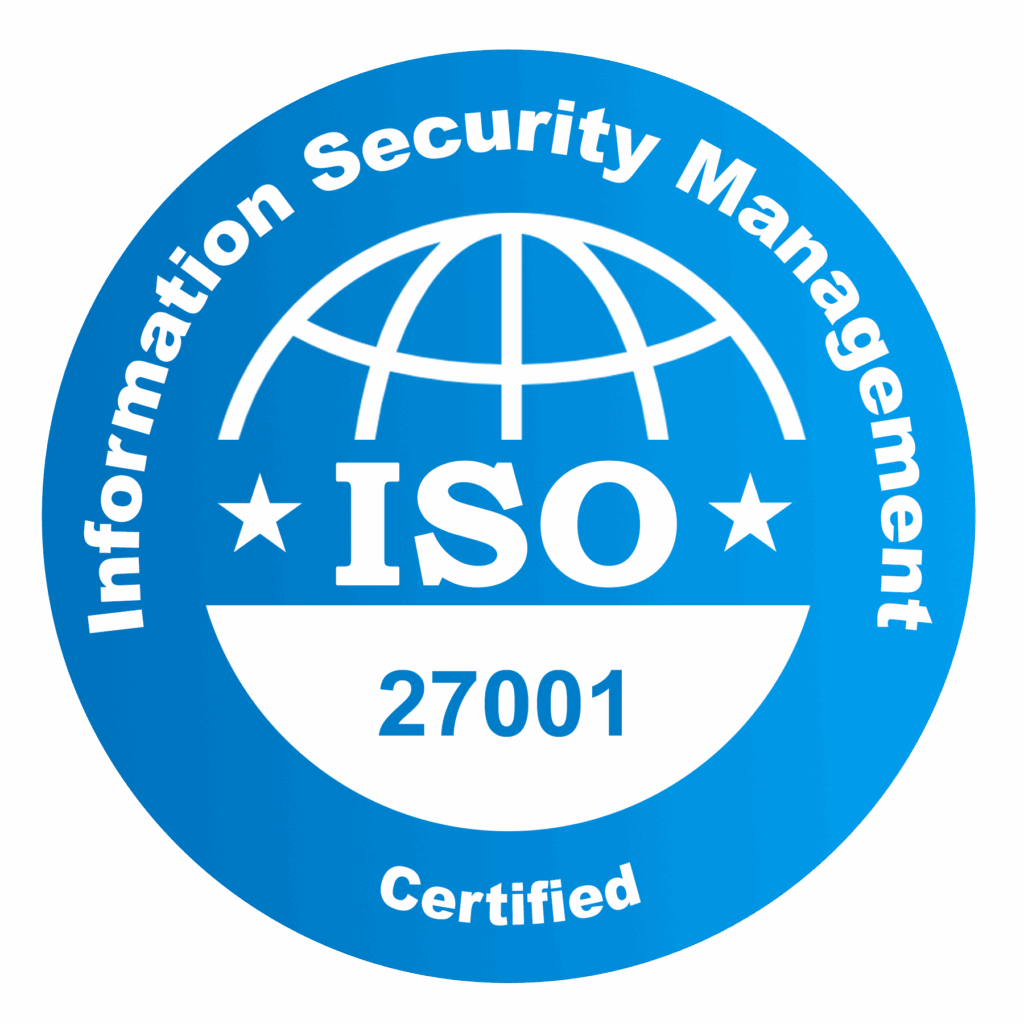
3E is a company that offers a SaaS platform for monitoring and analytics services. As the company has grown, the demand for their services has increased, at times causing overloads compromising service availability. This highlights the necessity of maintaining a robust, reliable, and highly available Kubernetes infrastructure.
The company chose Out.Cloud for the following reasons:
• Out.Cloud has a proven track record of successfully migrating Kubernetes clusters from a wide range of distributions and vendors.
• Out.Cloud has a team of experienced and certified engineers across various fields, capable of developing the best strategies for a successful migration.
• Out.Cloud offers a wide range of services, including migration, cluster administration, and cluster security adhering to industry best practices.
The AWS managed control-plane allowed the team to focus the effort on tasks that add value to the platform.
Recurrent incidents related to cluster were reduced to virtually zero, improving service scalability and availability while also reducing the OpEx cost.
The company was experiencing availability issues with the self-hosted Kubernetes cluster hosting some of the mission-critical services of the platform.
Given the severity of the issue it was important to get a fast and reliable resolution.
Provisioned an EKS based cluster using IaC, following the industry standard best practices. Followed by an incremental migration of the workloads of the cluster.
The implementation brought numerous benefits:
Increased Scalability: EKS offers automatic scaling capabilities, allowing applications to efficiently handle
varying workloads.
Increased Reliability: With AWS managing the control plane, we gain better scalability, particularly in managing fluctuating and unpredictable workloads. This increased stability of the cluster allows it to better respond to variations in service load.
Cost Optimization: For demanding clusters EKS can be more cost-effective than creating a cluster with resources required to achieve the same level of reliability / robustness. Together with easier maintainability, it becomes the ideal solution to reduce OpEx costs


Av. D. João II, Lt 42, Office 602, Lisbon Portugal
Rua Júlio Dinis Nº247 4º Piso Fração E1, 4050-324 Oporto